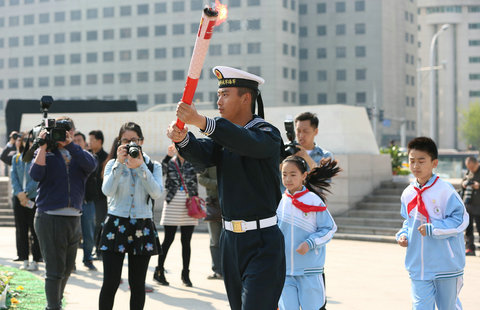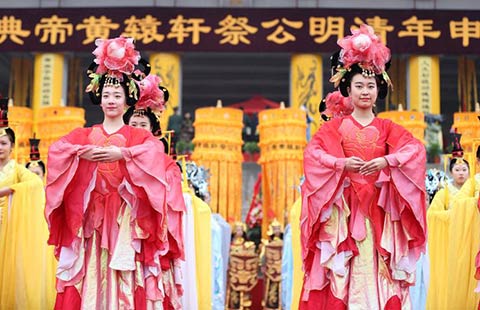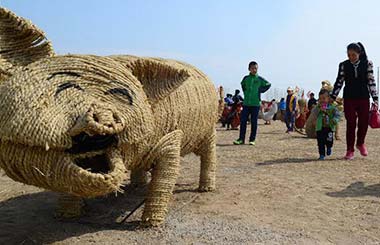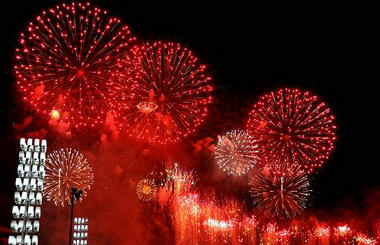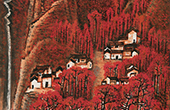Chinese and foreign artists shine light on gender targets in conflict
By Zhang Kun in Shanghai ( China Daily ) Updated: 2016-04-08 08:47:00
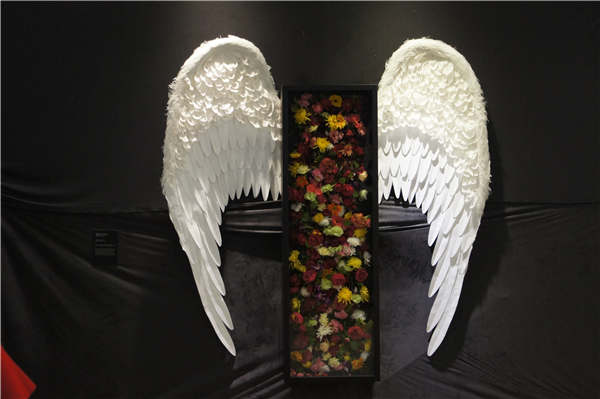 |
|
Intimate Transgressions features works by artists from home and abroad. Its highlights include Angel and Paradise Lost (above) . Photos Provided To China Daily |
Wang Dongling, a well-known professor at the city's China Art Academy, has created a calligraphic piece inspired by his poet friend Han Bi that condemns Japanese brutality against Chinese women during the war.
The poem goes: "When men become beasts, doom falls from heaven; when people show dignity, a nation's soul can be seen."
Wang says: "I was born in 1945 (the year the war had ended), and was spared its experience, but my mother suffered. I think it is important that history is not forgotten."
He believes that it is an artist's mission to present works that reflect humanity and justice.
Violence against women and children continues. It is not only institutional but also individual.
The cultural aspects make abuse borderless, says Atsuko Nakamura, a Japanese artist whose works are on show in Hangzhou.
Female victims of violence and abuse often find it difficult to speak up, she says, and art should focus on helping them find their voices.
Born in Taiwan, Chen has been working since the 1970s on the history of the Japanese invasion of China. He founded the CAPA in 1992, believing the research will increase public awareness of the issue.
Women mainly from China, Korea, the Philippines and some other countries occupied by the Japanese in the 1930s and '40s were abducted, forced into sexual slavery and treated with such brutality that most died, says Chen.
"Following the end of hostilities, their plight was ignored. No one was held accountable for their suffering and their stories were wiped out of Japanese history books by those in power," he says.
And despite the passage of seven decades after such brutalities, rape as an instrument of war is used in many parts of the world today.
"We wish to highlight this appalling abuse of human rights by presenting this exhibition," says Chen.
But rather than documenting horrors, the exhibition aims to speak of the women's loss and resilience.
"The purpose is to bring insight and perspective."
If you go
9 am-5:30 pm, daily (Mondays closed), through April 16. Hangzhou Library, 1F, Building J, 58 Jiefang Road East, Jianggan district, Hangzhou, Zhejiang province. 0571-8653-5079.
|
|
|
|
|
|
|
|


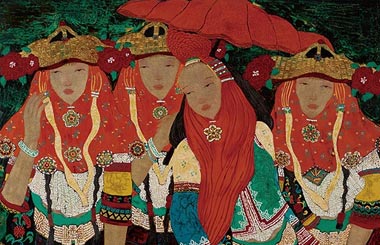
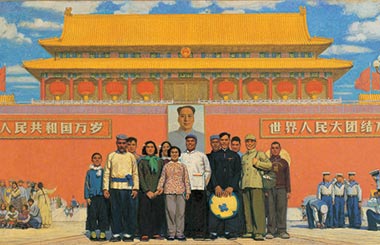
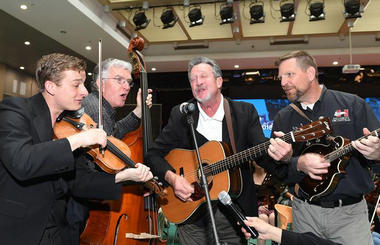
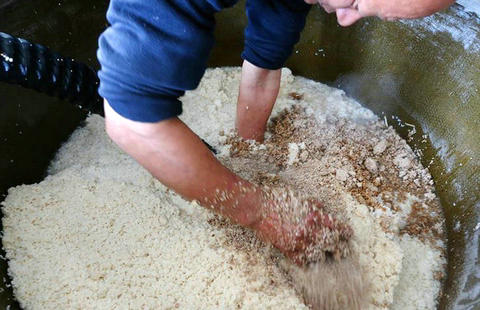
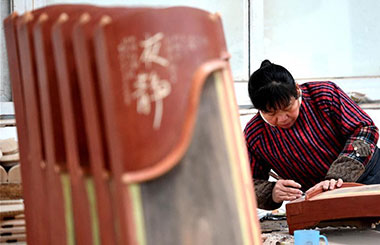
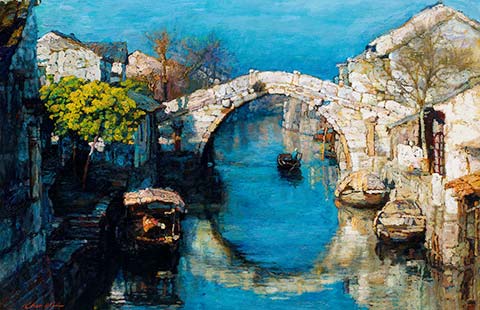
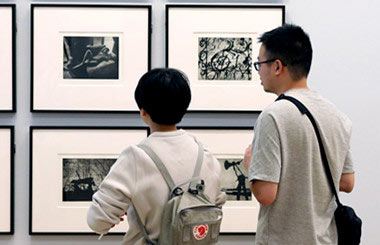
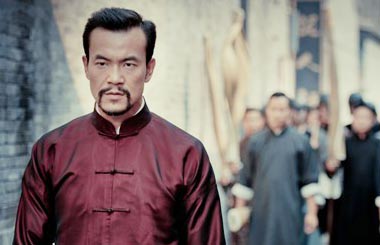
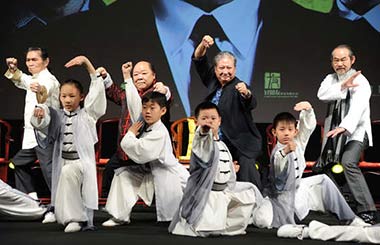
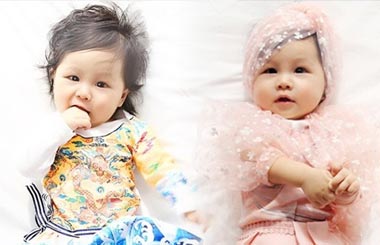


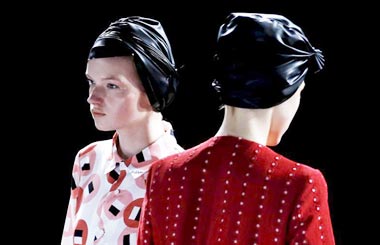

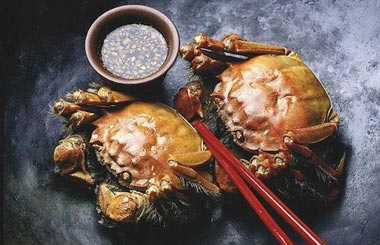
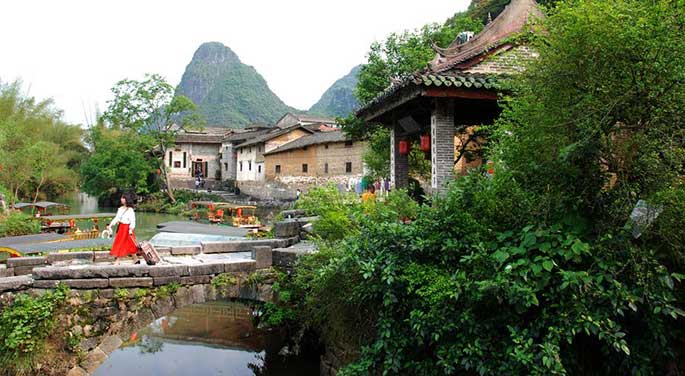
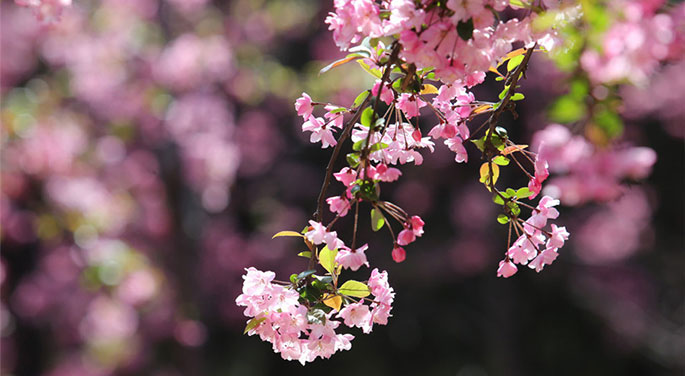
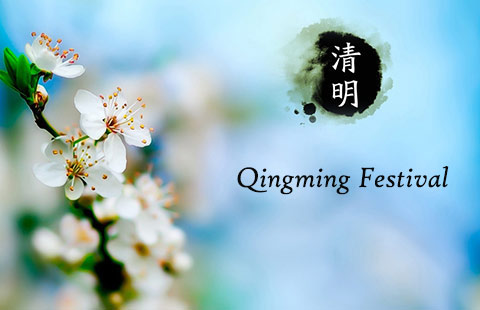
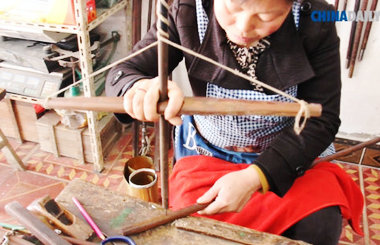


 Raymond Zhou:
Raymond Zhou: Pauline D Loh:
Pauline D Loh: Hot Pot
Hot Pot Eco China
Eco China China Dream
China Dream China Face
China Face
